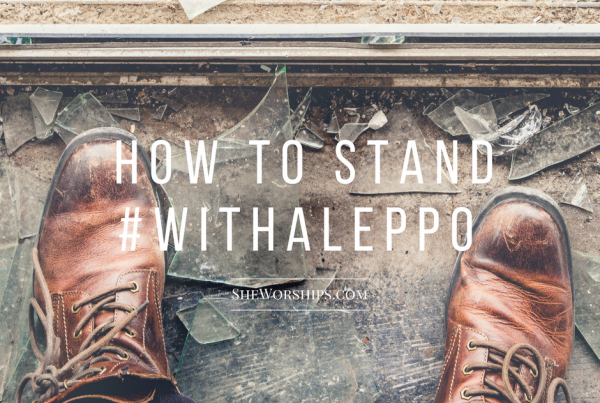This week the press has been buzzing with the news that the charges against the Duke lacrosse players have been dropped. “Vindication!” has been the cry of the players, their family, their friends, and many members of the Durham community at large. Finally, this long nightmare has come to a close. Finally, they are given the title they so rightly deserve: innocent.
Yet somehow, at the long-awaited end of this whole messy ordeal, I still feel a little unsettled. Even though I was relieved to hear that the witch hunt had come to a close and that these boys could finally end the year-long battle they were unjustly forced to fight, something doesn’t feel right. Somehow I don’t feel that justice has been done and that our community can move forward, leaving this whole mess behind us.
But why?
Well perhaps it is the fact that this entire incident originated from a sordid series of circumstances involving alcohol, strippers, and blatant racism. No, rape did not occur that night, but these boys were not sitting at home reading their Bibles. No one in attendance that night was lily white. On the contrary, some of those players engaged in some ugly, disgusting behavior. So while I am glad that the rape charges have been dropped and that these boys have finally been set free, I struggle to join alongside the others who hail them as heroes. Hopefully these young men will redeem the incident by fighting for changes in the legal system that so sorely abused them, but until then, it’s difficult for me to forget the reason that this entire situation transpired in the first place. They may not be guilty of rape, but they, as well as the other men present that night, are certainly guilty of morally reprehensible behavior, and I struggle to exalt such men as “heroes.”
Now the reason I bring all this up is not to start a debate on what did or did not happen that fateful night. Nor do I want to be mistaken as saying that these boys deserved having their names dragged through the mud as payment for their bad behavior. I am by no means making such a claim. What I do propose is that we think about this situation theologically. What does it mean that these young men are both innocent *and* guilty? They are innocent of rape, but guilty of other vile actions, so how are we to label them? Or taken more broadly, what does it mean, in general, when a victim is also a perpetrator? What do we do when the innocent also have blood on their hands?
How do we respond when the innocent are also guilty?
This question is a deeply theological one, because my feeling of being unsettled at the pronouncement of these players’ innocence is actually an echo, though an infinitely smaller one, of what God feel in response to humanity. Though the world may look at many human beings as innocent and inherently good people because they do not murder or commit other atrocities, that’s not enough to satisfy God’s justice. We may be innocent on some counts, but we are guilty of hurting others, of ignoring those who are poor and oppressed, of abusing the environment over which God has given us dominion, of being selfish, prideful, and arrogant. And for this reason, any “innocence” that we pronounce over one another is an essentially cheap, superficial declaration. It is not real, true innocence. The innocence we possess is akin to that of the players in this scandal–it is a sullied innocence, a shallow innocence.
Now again, don’t mistake me as saying that these young men deserved what they got in the last year. I do not believe that, and I fully support their vindication. Nor am I saying that they are bad people–they may very well be great guys who just happened to get caught in a bad situation that is not representative of their character on the whole. But what I do want us to do in the wake of this case is to remember that the state of “innocent yet guilty” that we have witnessed in this scandal does not merely apply to the players, but to the whole of humanity. It is often difficult to conceptualize the nature of our innocence and the degree of our guilt in light of God’s awesome holiness, so when we are tempted towards self-righteousness, or tempted to believe that God is unjust when He condemns the innocent, this case can hopefully provide us with a tangible analogy. We can remember that our innocence is not that of our pure and holy Savior who always loved and never wronged; our innocence is a *guilty* innocence. It is an innocence mired in sin, which is really no innocence at all.





